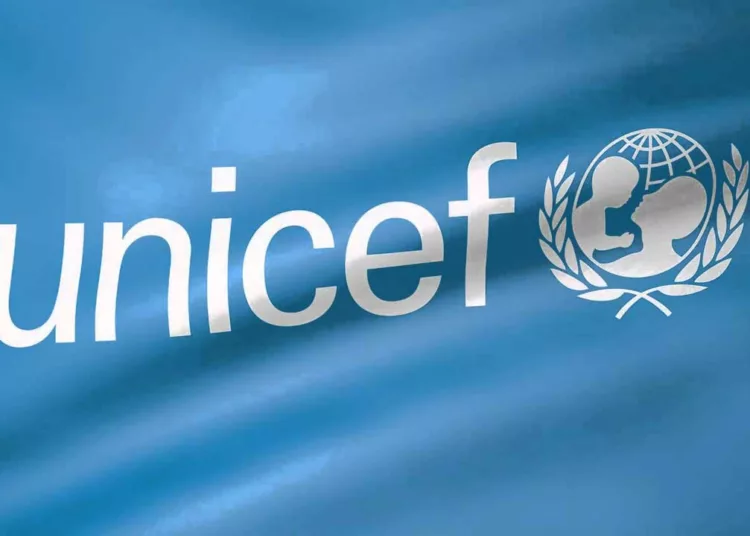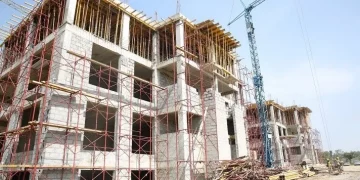The United Nations International Children’s Emergency Fund, UNICEF, has certified six political wards in Ona-Ara Local Government Areas and two wards in Egbeda Local Government Areas in Oyo State as open defecation-free (ODF).
The chairman of the Oyo State Rural Water Supply and Sanitation Agency, RUWASSA, Babalola Afobaje, disclosed this during a pre-event walk to mark the 2024 World Toilet Day Celebration in Ibadan.
According to him, before 2022, only 10 per cent of households in Ona-Ara LGA had access to toilets, and many practised open defecation.
Afobaje said the Oyo State government aims to end open defecation in the nooks and crannies of the State by 2028 by launching its Roadmap to ODF.
He was optimistic that each step taken would bring the state closer to achieving Sustainable Development Goal 6: Clean Water and Sanitation for All.
“On this World Toilet Day, let us reaffirm our commitment to transforming lives through safe sanitation. Together, we can ensure that every person in Oyo State, regardless of their background, has access to a toilet they can use with dignity and safety”, he said.
He said the strategic objective of the Oyo State Open Defecation Free (ODF) Roadmap was to eliminate open defecation and ensure equitable sanitation and hygiene (including hand-washing) services for all by 2028 in households, institutions, and public places (schools, health facilities, workplaces, markets, motor parks, and others) in all urban, small-town, and rural communities of the state.
He said that the successful implementation of Community-led Total Sanitation (CLTS) in the six political wards in Ona-ara LGA increased the number of households with toilets from 10,422 to 32,658.
In his words, “Open defecation is steadily decreasing in the pilot LGAs, and we are committed to eradicating it entirely in the state by 2028. As we gather here today, let us remember that many of our population still lack access to safe, improved sanitation, and the impacts are profound—affecting health, education, and economic outcomes. Therefore, the State needs to work five times harder to achieve this goal.”











